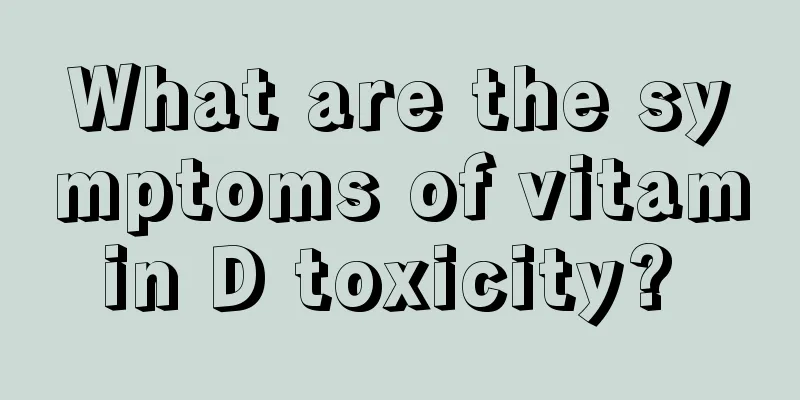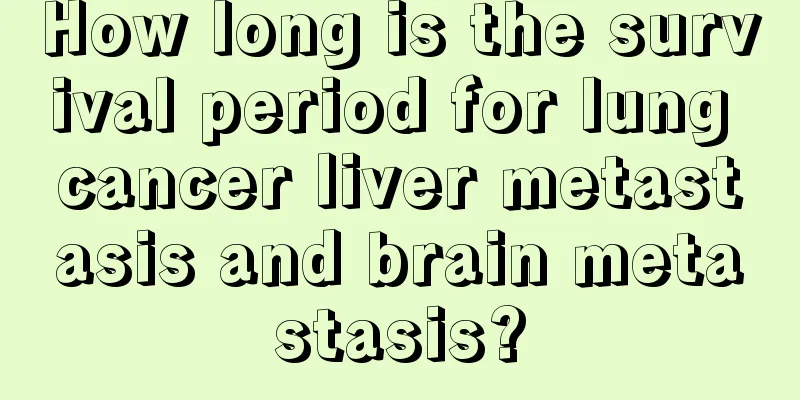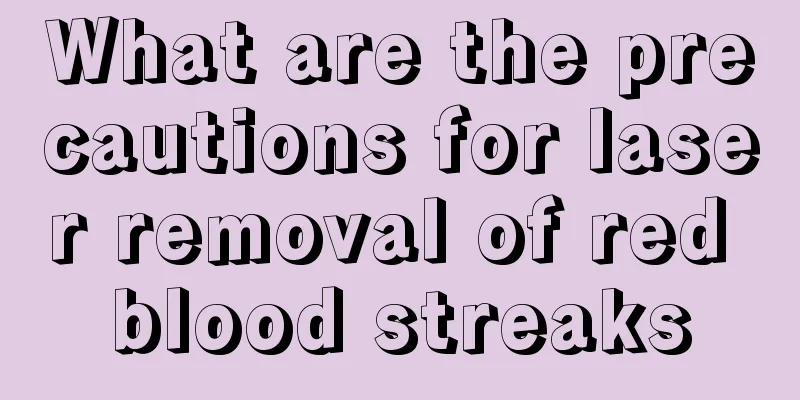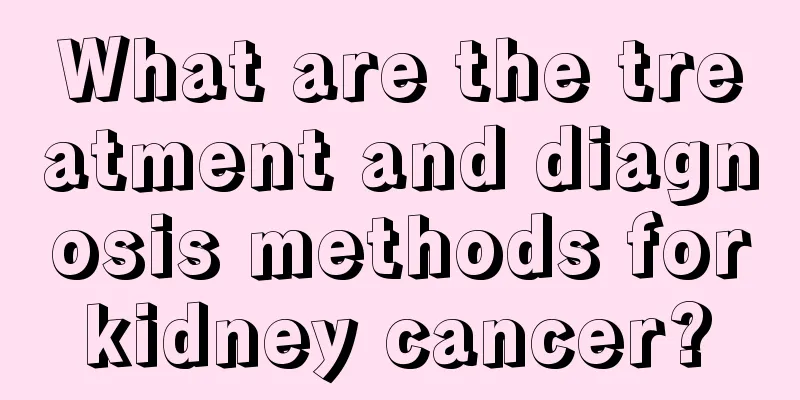What are the symptoms of vitamin D toxicity?

|
Many people have not heard of vitamin D poisoning, but only know that vitamin D can treat rickets. Sometimes rickets is misdiagnosed and excessive intake of vitamin D can lead to vitamin D poisoning. This requires everyone to pay more attention. symptom: VitD poisoning lacks specificity and can easily be mistaken for an early symptom of rickets, leading to the administration of more VitD. Once symptoms become apparent, it can be easily misdiagnosed as other diseases. Clinical classification: In the early stages, children may experience poor appetite, anorexia, nausea, fatigue, lack of energy, irritability, low fever, vomiting, constipation and weight loss. The children suffer from epidermal desquamation and hair loss. In severe cases, convulsions, high blood pressure, arrhythmia may occur, accompanied by dry mouth, frequent urination, and nocturia. Severe cases affect the cardiovascular system and may cause abnormal electrocardiogram, decreased muscle tone, movement disorders, renal failure, and even depression, coma, and convulsions. The urine has a low and fixed specific gravity, positive urine protein, increased cell count, and may also have casts. In severe cases, death may occur due to hypercalcemia and renal failure. Clinical manifestations at different stages: 1. Early stage: The earliest symptoms in children are loss of appetite, even anorexia, irritability, crying, lack of energy, and often low fever. There may also be excessive sweating, nausea, vomiting, diarrhea or constipation, and gradual onset of thirst, frequent urination, frequent urination at night, and occasionally dehydration and acidosis. Older children often complain of headaches. Blood pressure may rise or fall, systolic murmurs may be heard in the heart, the ST segment of the electrocardiogram may be elevated, and sometimes there may be mild anemia. 2. Mid-to-late stage or chronic stage: In the late stage, symptoms such as high fever, thirst, polydipsia, polyuria, oliguria, dehydration, drowsiness, apathy, hypotonia, coma, and convulsions may appear. Long-term chronic poisoning in children can cause corresponding calcification of bones, kidneys, blood vessels, and skin. If not treated in time, kidney damage and even renal function decline may occur, seriously affecting the growth and development of children. |
<<: What are the symptoms of pseudomyopia
>>: Can cerebral atherosclerosis be cured?
Recommend
Two types of urinary diversion after total cystectomy
Total cystectomy for bladder cancer involves a wi...
What are the symptoms of tympanic membrane perforation
As the name suggests, tympanic membrane perforati...
How to care after forehead augmentation with hyaluronic acid
If a person's forehead is not full enough, ev...
How to maintain atrophic gastritis?
Taking care of the body is something that modern ...
What to do if the eardrum is perforated? It can be repaired and treated
The eardrum, as the sound transmission organ of o...
Kidney-warming and aphrodisiac medicine
Most people in life often suffer from kidney defi...
Obvious early symptoms of bone cancer will appear in the bones and joints
Timely detection of benign early bone cancer symp...
What can't you eat if you have cervical cancer
Generally, women will seek treatment as soon as p...
Can actinolite be soaked in water and drunk?
Many people are not very familiar with actinolite...
Criteria for judging positive cephalosporin skin test
Cephalosporins are a type of antibiotic that has ...
Is brain cancer contagious?
Is brain cancer contagious? 1. Brain cancer refer...
What causes blood in the nose?
I believe many people will be scared when blood a...
Anterior mediastinal space-occupying lesion
The anterior mediastinal mass is a shadow seen on...
What is the difference between radiotherapy and chemotherapy for nasopharyngeal carcinoma
As we all know, there are two treatments for naso...
How to treat nasopharyngeal carcinoma in the middle and late stages
The treatment of nasopharyngeal carcinoma in the ...









